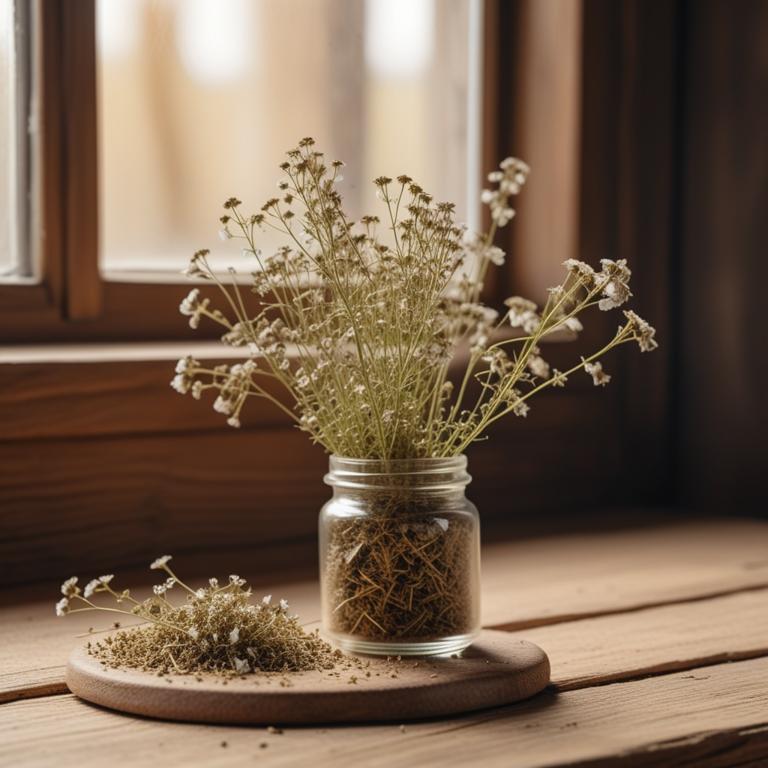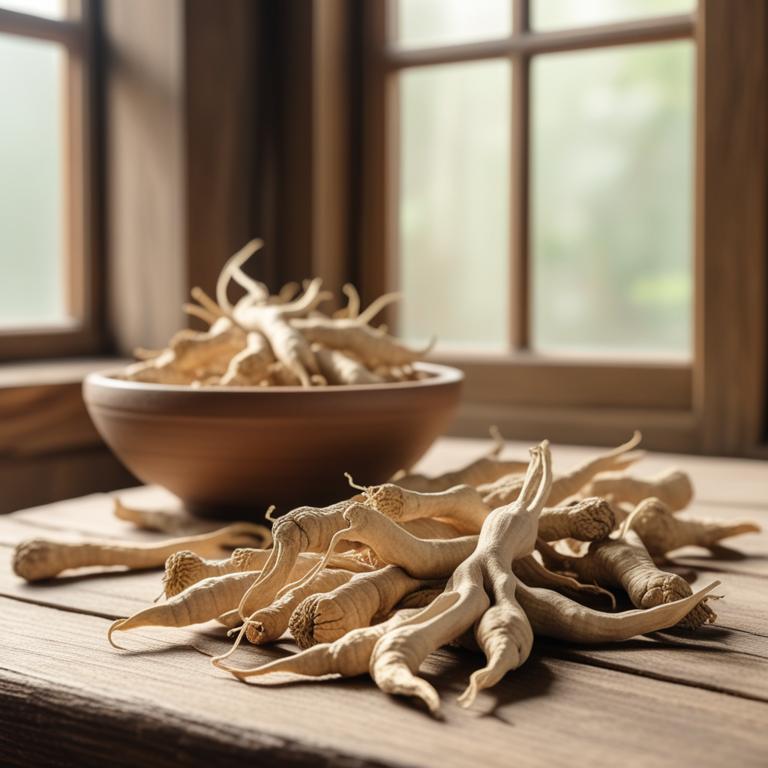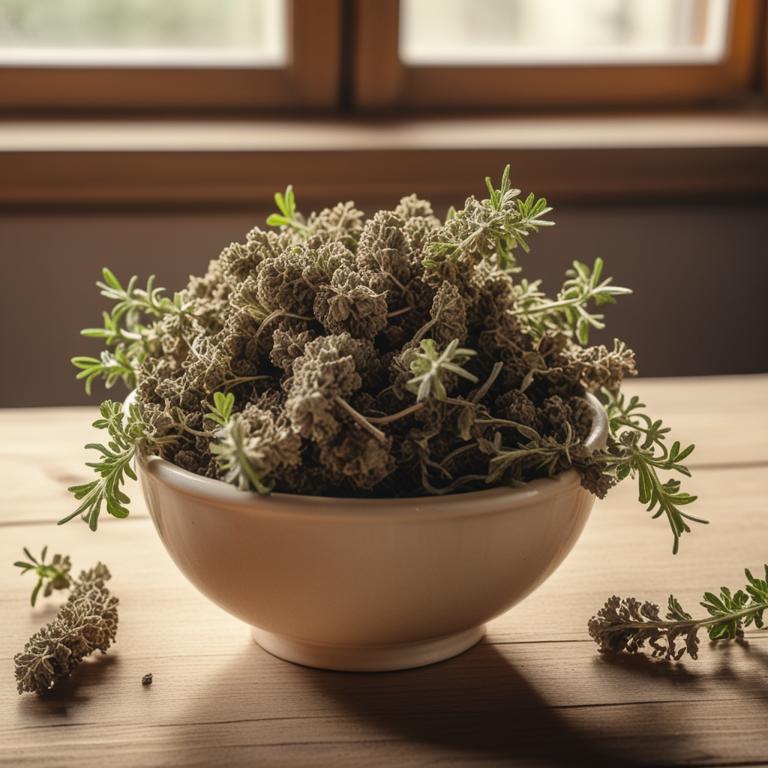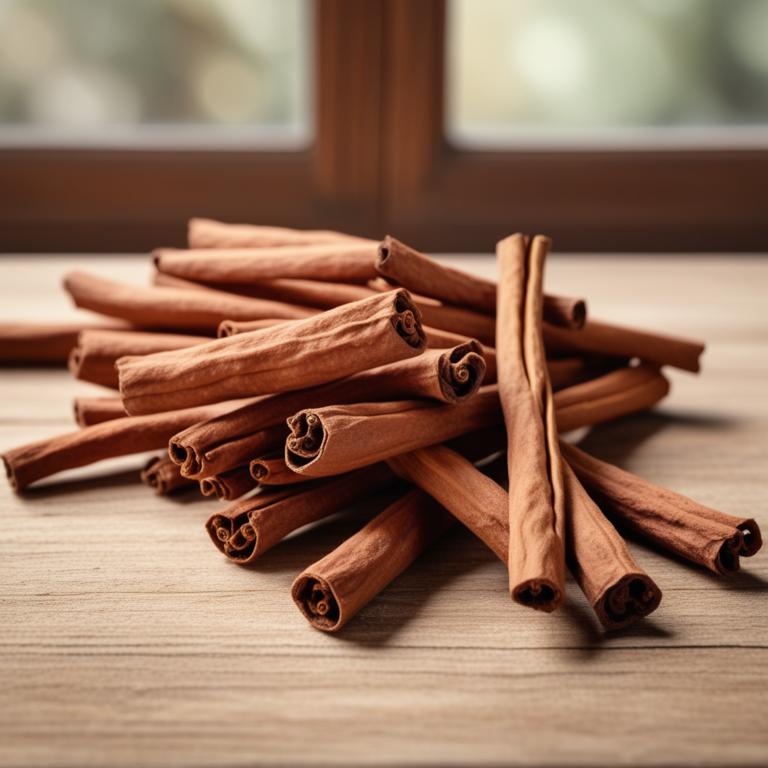Updated: Dec 1, 2024
Causes and Natural Remedies for Stress Management
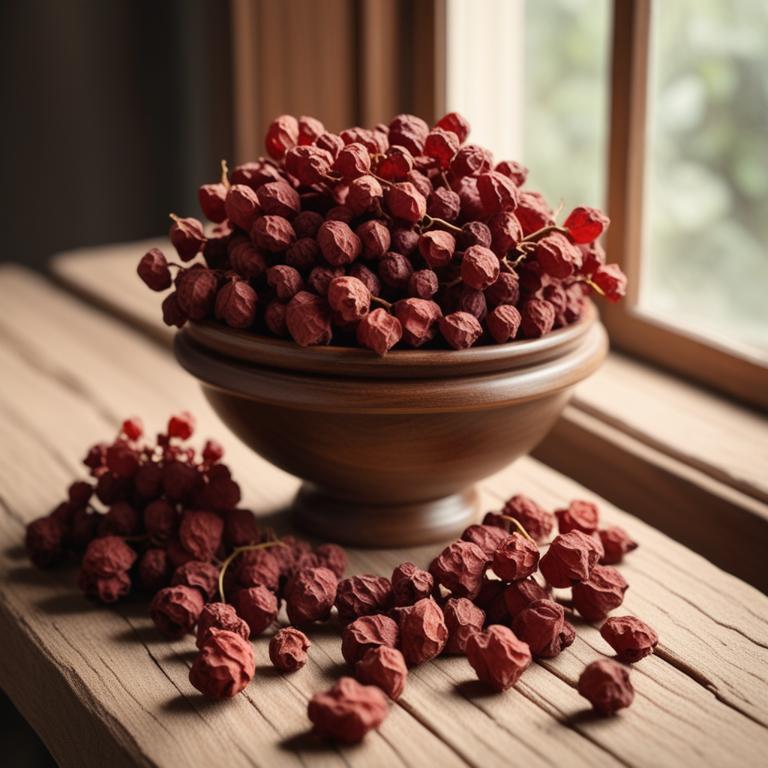
Stress is a feeling of being overwhelmed and worried.
It can affect many parts of your life, like your mood, sleep, and even your physical health. We all experience stress at some point, and it's usually caused by things like work, money problems, relationships, or health issues. When we're stressed, our body releases a hormone called cortisol, which can make us feel anxious and tired. This can lead to problems like insomnia, digestive issues, and a weakened immune system. Some people might turn to medication or other treatments to manage stress, but herbal remedies can also be helpful.
Certain herbs have been used for centuries to calm the mind and soothe the body. One of these herbs is ashwagandha, which comes from a plant that grows in India and the Middle East. It's known for its ability to reduce anxiety and promote relaxation. Another herb is chamomile, which is often used to make a calming tea that can help you unwind before bed. To use these herbs, you can try drinking teas made from them, or taking supplements in capsule or tincture form. Some people also use essential oils from these herbs, like lavender and bergamot, to promote relaxation.
You can add a few drops of the oil to your bath water or use it in a diffuser to create a calming atmosphere.
Table of Contents
What causes people to experience stress?
The main causes of stress are often deeply connected to our everyday lives.
Financial struggles are a significant source of stress, as the pressure to pay bills and make ends meet can be overwhelming. When we're living paycheck to paycheck, it's easy to feel like we're constantly walking on thin ice, worried that one wrong move could send our finances spiraling out of control.
Work overload is another major contributor to stress, as the constant demands of our jobs can leave us feeling exhausted, both physically and mentally. Health issues can also be a significant source of stress, as dealing with a serious illness or chronic condition can be a heavy burden to bear. Job loss can be a major source of stress, as it can be a blow to our sense of identity and self-worth.
And finally, divorce can be a particularly stressful experience, as it often involves significant changes to our living situation, finances, and social relationships.
What benefits can be obtained from using herbs to mitigate stress?
Using herbs for stress can be a great way to manage anxiety and calm your mind.
One of the main benefits is that they can help you relax and unwind, making it easier to fall asleep and stay asleep. Many herbs have a calming effect on the nervous system, which can reduce feelings of anxiety and tension.
They can also help to regulate your mood and reduce symptoms of depression. Some herbs have anti-inflammatory properties, which can help to reduce physical symptoms of stress, such as headaches and muscle tension. Additionally, many herbs have antioxidant properties, which can help to protect your body from the negative effects of stress.
Using herbs for stress can also be a natural and non-addictive alternative to prescription medications, making it a great option for those who want to manage their stress in a healthy way.
What are the main medical herbs used to alleviate stress?
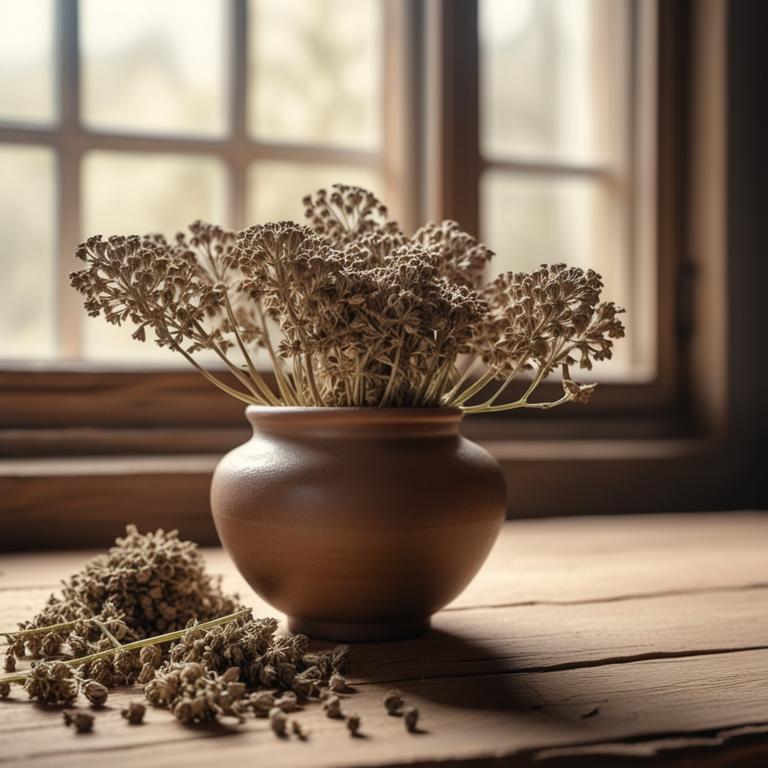
Herbs have been used for centuries to help people relax and reduce stress.
Valeriana officinalis, also known as valerian root, is a popular choice for its calming effects. It works by slowing down brain activity, making it easier to fall asleep and stay asleep. This is especially helpful for people who have trouble sleeping due to stress and anxiety. Another herb that can help with stress is Passiflora incarnata, or passionflower. It's known for its ability to reduce anxiety and restlessness, making it easier to relax. Passionflower works by affecting the brain's neurotransmitters, which helps to calm the mind and body. Lavandula angustifolia, or lavender, is a well-known herb for its calming properties. When inhaled, lavender can help to reduce stress and anxiety by affecting the brain's emotional centers.
This is why lavender is often used in aromatherapy to promote relaxation and reduce stress. Zingiber officinale, or ginger, is another herb that can help with stress. It's been shown to reduce inflammation and improve mood, making it easier to cope with stress. Ginger works by affecting the brain's neurotransmitters, which helps to reduce anxiety and improve mood. Hypericum perforatum, or St. John's Wort, is a herb that's been used for centuries to treat mild depression and anxiety. It works by affecting the brain's neurotransmitters, which helps to improve mood and reduce stress. However, it's worth noting that St. John's Wort can interact with certain medications, so it's always best to consult with a healthcare professional before using it. These herbs can be consumed as teas, capsules, or tinctures, and some can even be applied topically as oils or creams.
While they can't replace medical treatment, they can be a useful addition to a stress-reduction plan.
What are the herbal remedies most commonly used for managing stress?
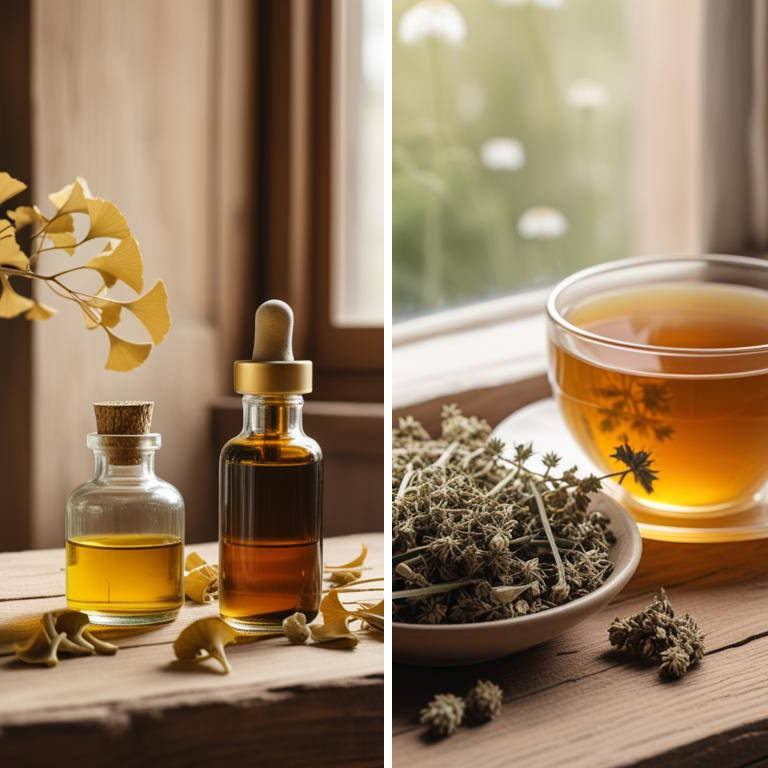
Herbal preparations are great for stress relief because they offer a natural and effective way to calm your mind and body.
A decoction, which is made by boiling herbs in water, is excellent for releasing the active ingredients that help to reduce stress. This method is often used for herbs like ashwagandha and passionflower, which are known to have a calming effect. A tincture, which is a concentrated liquid extract of herbs, is also a popular choice for stress relief. Tinctures are easy to take and can be added to water or taken sublingually (under the tongue). They're often used for herbs like valerian root and lavender, which promote relaxation and reduce anxiety. Herbal capsules are another convenient way to take herbs for stress relief.
They contain a precise amount of dried herbs that have been powdered and filled into capsules. This method is ideal for people who don't like the taste of herbs or prefer a more standardized dose. Capsules can be made with herbs like chamomile and lemon balm, which are known for their calming properties. Herbal teas and infusions are also wonderful for stress relief. Tea is made by infusing loose herbs in hot water, while an infusion is made by steeping herbs in cold water. Both methods are great for releasing the active ingredients in herbs like peppermint and ginger, which can help to calm your mind and soothe your body. Each of these herbal preparations has its own unique benefits and can be used alone or in combination to help manage stress.
By choosing the method that works best for you, you can find a natural and effective way to calm your mind and body.
Additional Resources:
What herbs could potentially worsen stress symptoms?
If you're feeling stressed, it's a good idea to be careful with certain herbs.
Ginkgo biloba, for example, can actually make anxiety worse by increasing alertness and affecting brain chemistry. This might make it harder to calm down and relax.
Ephedra sinica is another herb to watch out for, as it contains a stimulant that can raise blood pressure and make you feel even more jittery. Catha edulis is also a stimulant, and can cause feelings of anxiety and jitters. Schisandra chinensis is often used to boost energy, but if you're already stressed, it might make you feel even more wound up.
And Taxus baccata, also known as yew, contains a toxic compound that can cause anxiety and other symptoms if ingested.
FAQ
Are there any specific herbs that can prevent stress?
Some herbs have been found to help with stress relief.
For example, passionflower has been used to calm the mind and body. Lavender is known for its soothing effects, and can promote relaxation. Ashwagandha is an adaptogenic herb that can help the body adapt to stress.
These herbs may help reduce anxiety and promote a sense of calm.
Is it safe to use herbal remedies for stress during pregnancy?
It's a good idea to be cautious when using herbal remedies for stress during pregnancy.
Some herbs can pass into the baby's bloodstream and affect their development. It's best to check the ingredients and look for products that are specifically labeled as safe for pregnant women.
Choose products from trusted brands for extra peace of mind.
Are there any herbs that can reduce the frequency of stress?
Herbs like lavender and passionflower have been known to help calm the mind and body, reducing feelings of stress.
They contain properties that promote relaxation, making it easier to unwind after a long day.
Some people find that drinking tea infused with these herbs helps them feel more centered and peaceful.
Can i combine different herbal remedies for stress?
You can combine different herbal remedies for stress, but be careful.
Some herbs can interact with each other. For example, valerian root can make you drowsy, so mixing it with other calming herbs like chamomile or lavender might make you feel too sleepy.
Start with small amounts and see how you react.
Related Articles
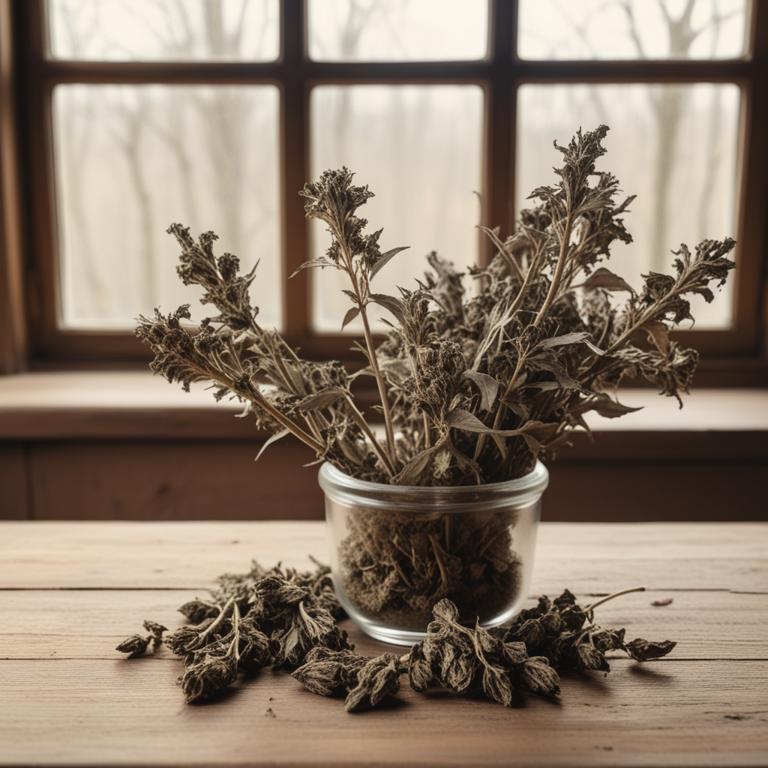
Taste Loss: Causes, Medicinal Herbs, and Herbal Preparations for Prevention
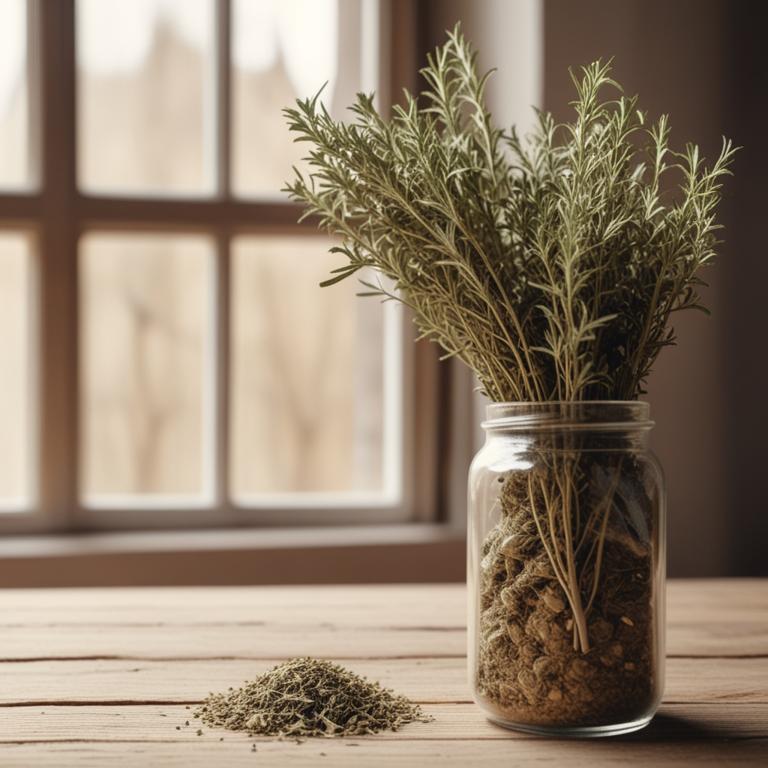
Hiccups: Exploring the Reasons and Herbal Solutions
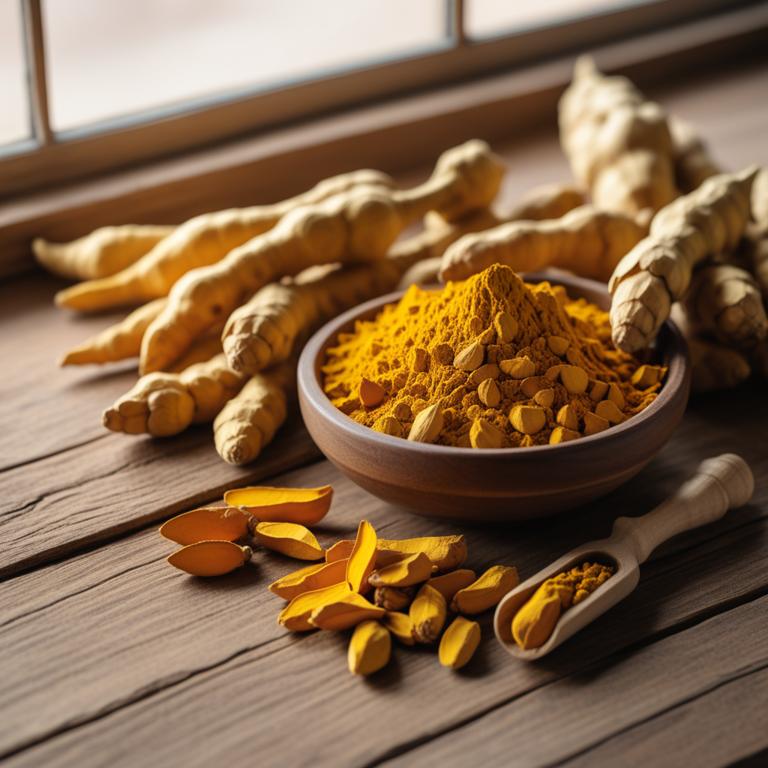
The Role of Medicinal Herbs and Herbal Preparations in Enhancing Postoperative Recovery
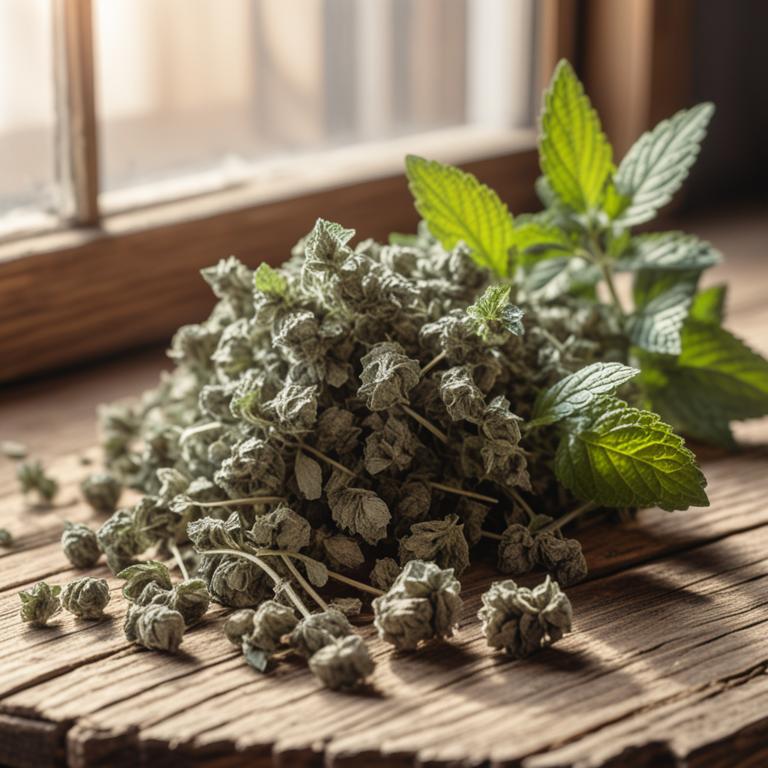
Understanding Headaches: Causes, Herbal Remedies, and Natural Preparations
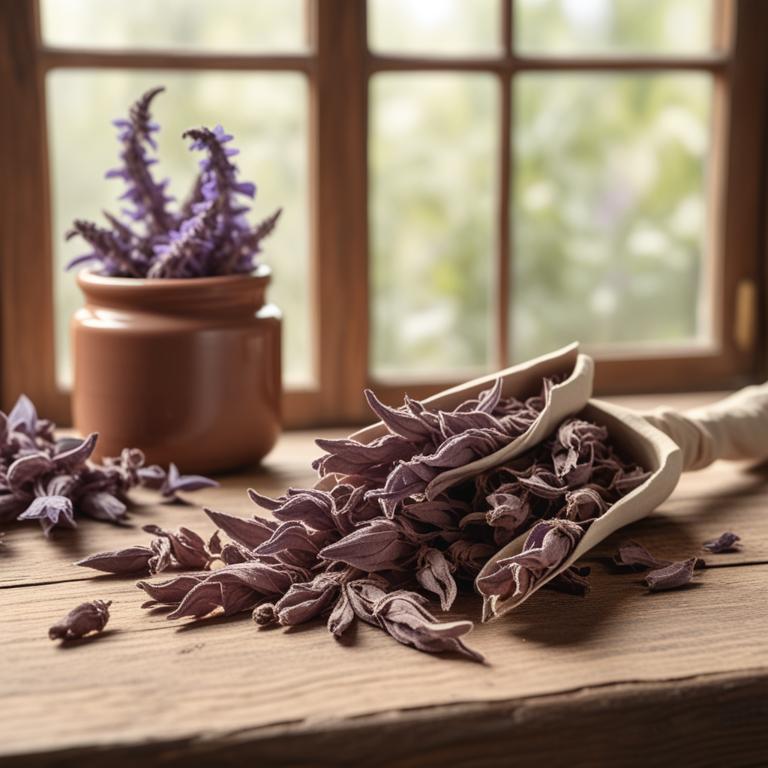
Alzheimer's Disease: Exploring Causes, Medicinal Herbs, and Herbal Remedies
